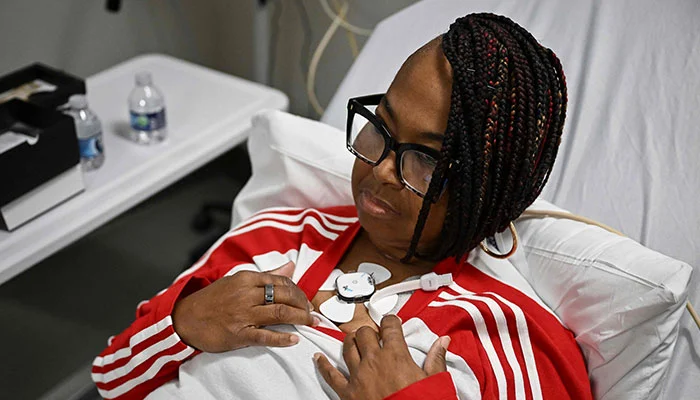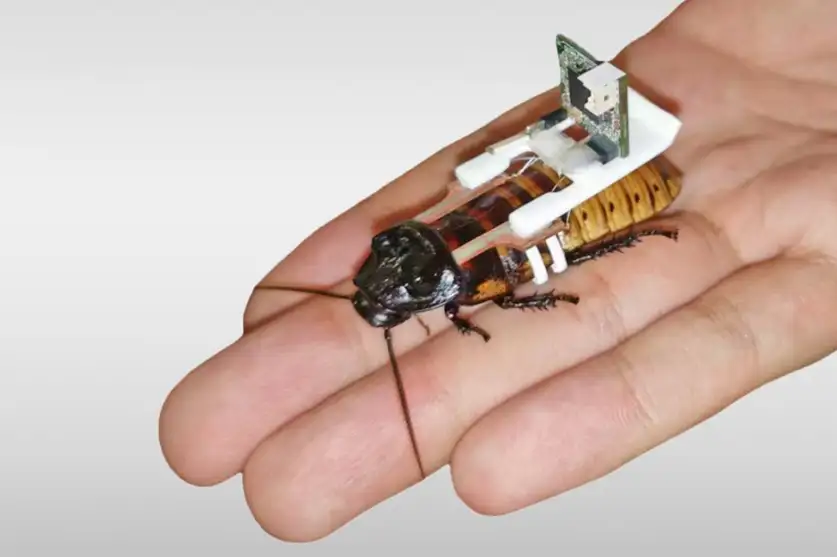A Historic Kidney Transplant in the U.S.
In 1999, Tovana Looney donated a kidney to her mother, but the remaining kidney failed during her pregnancy. Now, 53-year-old Looney from Alabama is the world’s first living patient to receive a genetically modified pig kidney transplant, reports NYU Langone Hospital (USA).
“I’m incredibly happy, I’m grateful for this gift, this second chance at life. I feel full of energy, I have an appetite… and I can use the bathroom. I haven’t been able to do that in eight years!” said Looney at a press conference.
Advances in Xenotransplantation
Xenotransplantation, the transplantation of organs from one species to another, has long been an alluring but difficult goal for science. Recent advancements in gene editing and immune system management have brought this dream closer to reality. Pigs are proving to be ideal organ donors: they grow quickly, produce large litters, and their organs are approximately the same size as human organs.
Looney had been on dialysis since December 2016. High blood pressure, caused by preeclampsia, led to chronic kidney disease. Searching for a compatible kidney from a donor proved impossible. Her uniquely high levels of harmful antibodies made rejection almost inevitable, and as her health worsened due to the degradation of blood vessels from dialysis, she had no other options. Looney applied for a clinical trial for pig kidney transplants and underwent a seven-hour surgery on November 25, 2024.
The Transplant and Its Success
Surgeon Jay Lock, who participated in the surgery, described the results as “amazing.”
“The kidney functions almost the same as a living donor kidney,” she said.
Looney’s transplant became the third case of a genetically modified pig kidney being transplanted into a human who was not brain dead. Rick Sleiman, the first patient, passed away in May 2024, two months after his surgery. Lisa Pisano initially showed signs of recovery but had to have the organ removed after 47 days, and she died in July.
Dr. Robert Montgomery, who led the operation, emphasized that each case provides critical lessons for improving the technique.
The kidney for Looney was provided by the biotechnology company Revivicor, which breeds genetically modified pigs in Virginia. The organ underwent ten genetic modifications to improve its compatibility with the human body.
Looney was discharged on December 6. Her high antibody levels remain a concern, and doctors are closely monitoring her via remote wearable sensors and testing a new treatment regimen to prevent rejection. Periodic hospital visits may still be required, but overall, the doctors are optimistic.






